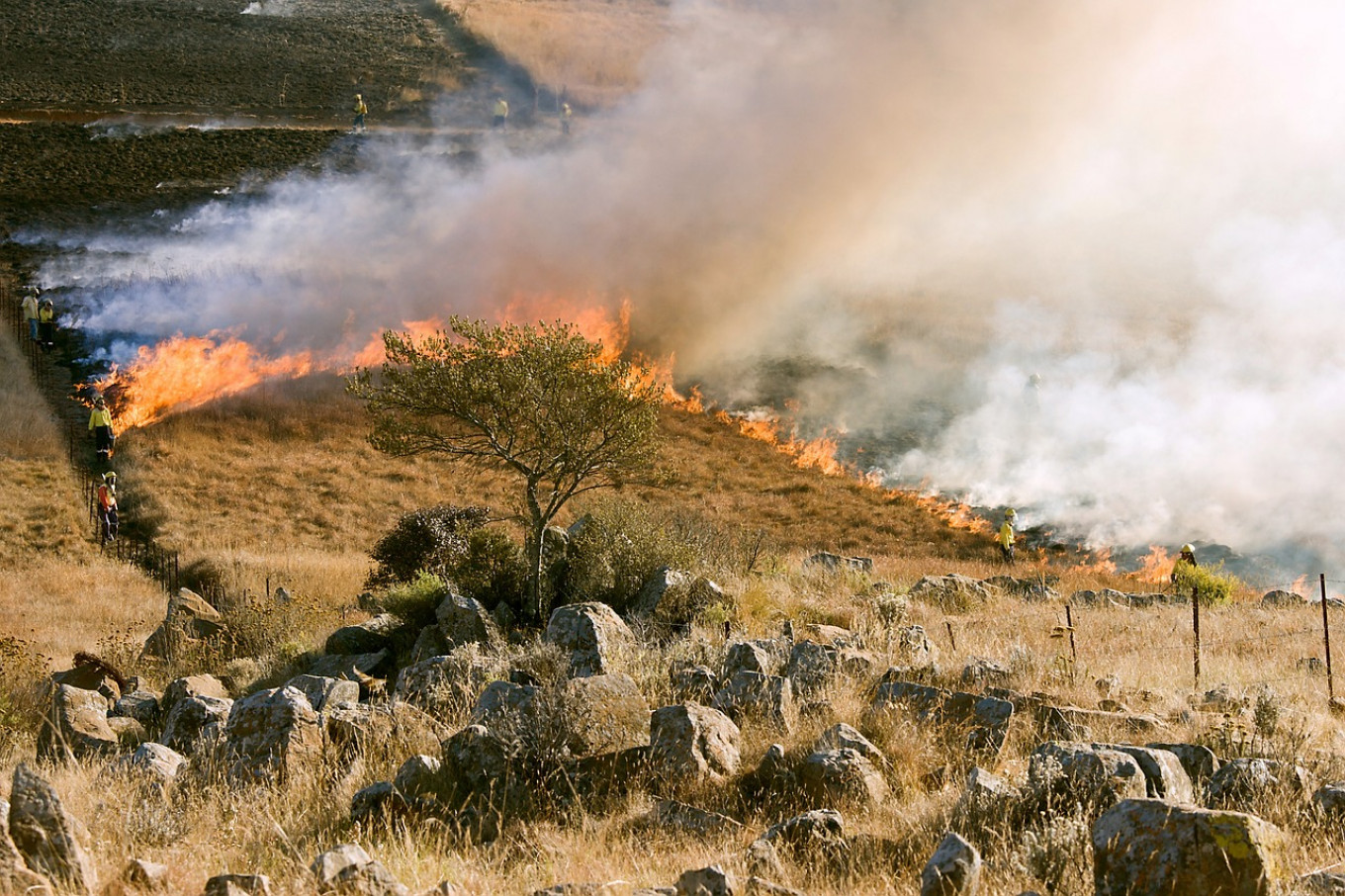
Climate change is heating Russia at a faster rate than the rest of the world, the country’s environment ministry has said in a draft report of environmental data for 2018.
Earlier reports have predicted that climate change will bring epidemics, drought and mass hunger to Russia if left unchecked. Melting permafrost in the Russian Arctic could release radioactive substances, the ministry has warned, while Siberian forests are increasingly prone to fires and the Far East to flash floods.
“The climate in Russia, according to the available data from long-term observations, is warming faster than [the global climate],” said the Natural Resources and Environment Ministry’s latest draft report published Tuesday.
Average temperatures in Russia rose at more than double the rate seen worldwide between 1976 and 2018. The year 2018 was the ninth-warmest year in Russia since 1936.
A population of 13.4 million people lived in 46 “highly polluted” Russian cities last year, the report added. Cities across Siberia dominated the ministry’s ranking of the 22 most polluted towns and cities, which are home to an estimated 5.1 million people.
The draft report comes as Russia is expected this month to ratify the landmark climate pact that was signed in December 2015 in Paris.
The Paris Agreement aims to limit the global average temperature increase to “well below” 2 degrees Celsius, while seeking to tighten the goal to 1.5 C. Current policies put the world on track for a rise of at least 3 C by the end of the century.
Further warming could push the climate system closer to irreversible tipping points, scientists warn, raising the risk of harvest failures, forced migration, mass extinction of species, ecosystem collapse and societal breakdown.
